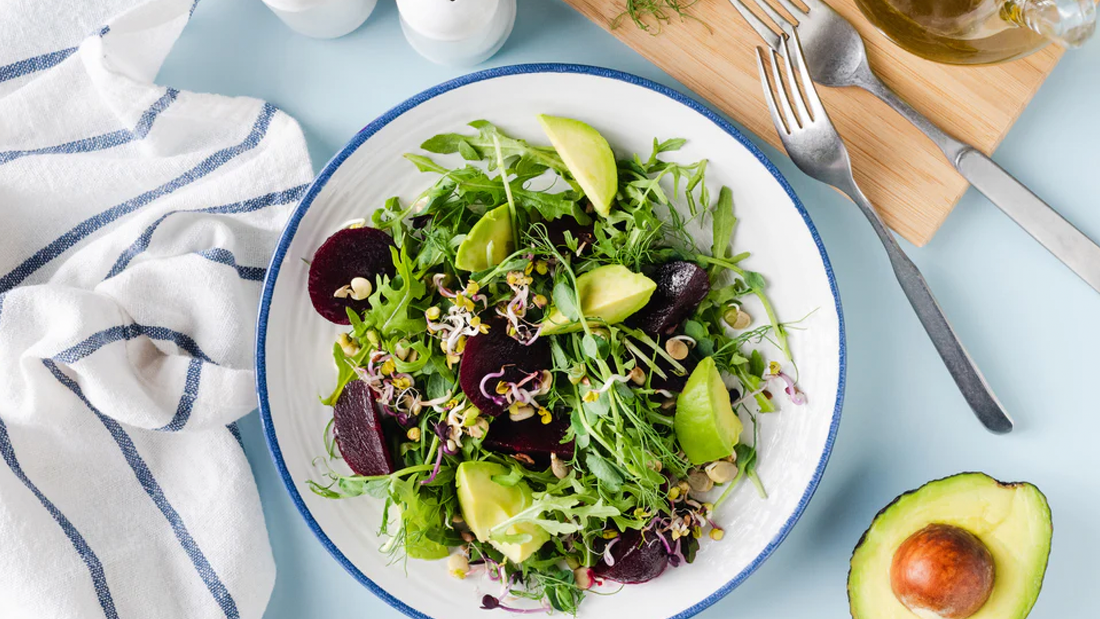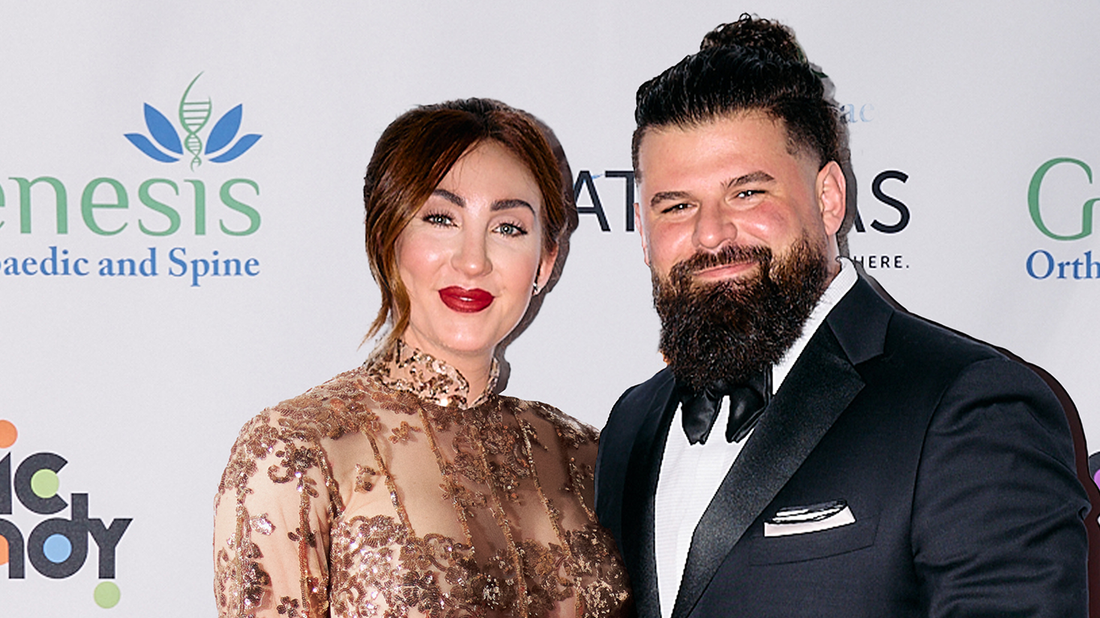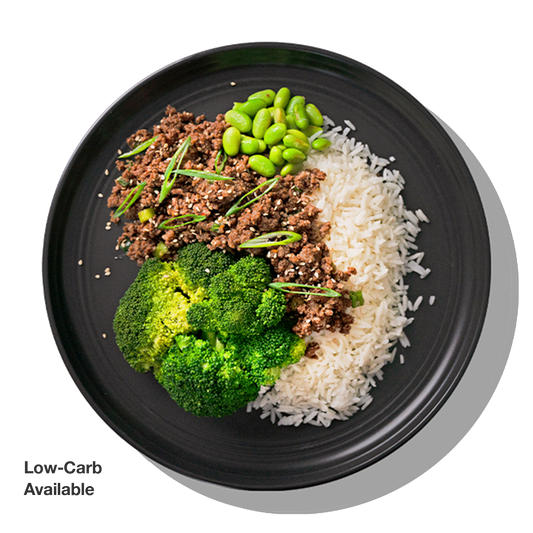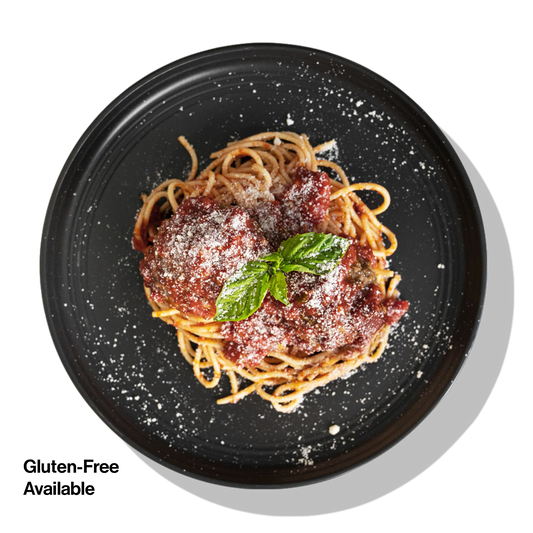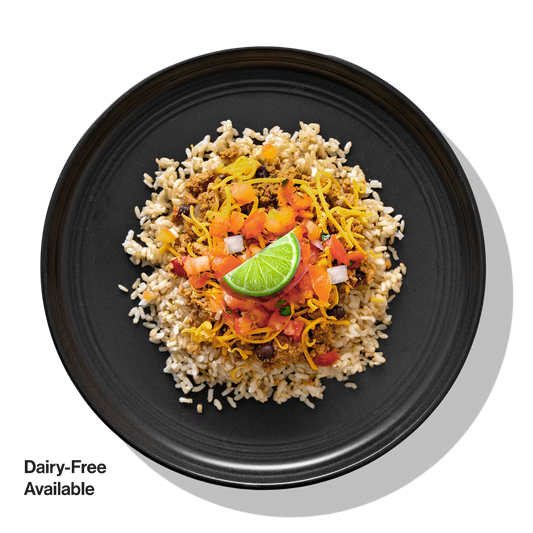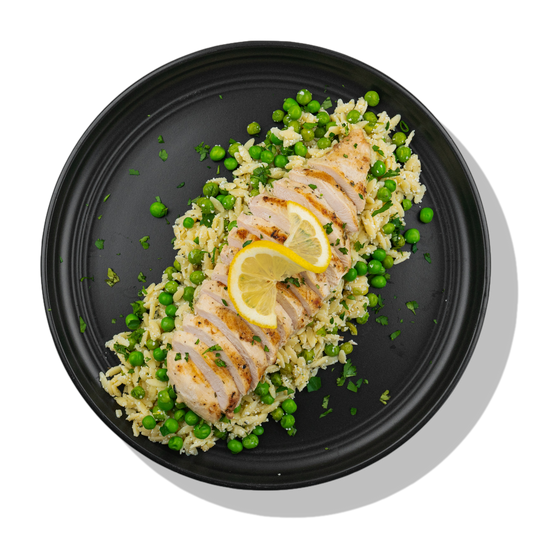If you were to ask a bodybuilder what the key to building muscle is, there's a good chance that they'll say it's protein. And that explains why you'll see so many kinds of protein supplements on the shelves in health and nutrition shops. But while it's true that you'll find the substance in all our body cells and that it's an essential building block of life — you'll also find that pinning down how much you need to build muscle isn't easy.
And the reason for that is simple: the answer depends on a wide range of factors. In general, you do need to increase your protein intake to build muscle mass. But if you do so without adding the right exercise regimen to your daily routine, you might end up doing your body more harm than good. So, to help you make sense of the often conflicting information on the subject, here's a guide to how much you actually need to build muscle.
Normal Daily Intake Levels
Before you can understand how much protein you need to build muscle, you must first understand how much is needed just to maintain your current muscle mass. And that means calculating your recommended daily allowance (RDA).
Although the average adult RDA is about 0.4 grams per 1 lb of bodyweight per day, that number is quite misleading. And that's because it's aimed at people living a sedentary lifestyle. In other words, if you get any regular exercise at all, you're going to need far more than that amount to support your current muscle mass.
According to a study on the subject, how much you'll need each day could be as much as double, or even a little more than double the RDA, depending on your activity level and body. It found that:
- Minimally active people require about .5 grams per lb of weight per day
- Moderately active people needed .75 grams per lb of weight each day
- Those getting intense daily exercise needed 1 gram per lb of weight per day
And it's important to remember — those figures are what you'd need just to support the muscle you already have, not to build new muscle.
Proper Intake for Muscle Building
If you want to do more than simply support the muscle mass you already have, you will need to increase your protein intake. But it's not as simple as it sounds. According to the American College of Sports Medicine, there's no set target for muscle building, but rather a range you should aim for. For athletes in general, they recommend anywhere from 0.6 to 1 grams per lb of body weight per day
But that applies to athletes in general, and it's safe to assume that anyone doing some serious weight training would need more. In most weight training circles, it's believed that the average 150-pound adult needs between 75 and 100 grams per day to support muscle-building. But there's a caveat — you have to keep your intake in the right ratio compared to your total calories each day, or you could be in trouble.
Potential Health Risks
According to medical research data, it's necessary to limit protein to no more than 30% of your total caloric intake each day. And it's never a good idea to increase your intake far beyond the RDA unless you're planning to get enough exercise to warrant the change. If you don't, you could be harming your body in more ways than one.
First, not getting enough exercise can lead to a buildup of ketones in your bloodstream — which can reach toxic levels in a hurry. When that happens, your kidneys will work abnormally hard to flush them out of your body, leading to a secondary problem: dehydration. That puts even more pressure on your kidneys and can even pose a risk to your heart if left untreated.
And if you simply increase your caloric intake to keep your diet balanced, you'll put on more muscle — but you'll also build an equal amount of fat. So you'll be solving one problem by creating another, and that's not a true solution. In short, if you want to build muscle without taking any risks, you have to do things in a very specific order.
Ideally, you will want to design a diet that won't exceed 30% protein to get the calories you need each day. And to support your health and meet your muscle-building goals, you can get what you need from food sources like:
- Fish
- Poultry
- Dairy Products
- Beans
- Nuts/Seeds
- Non-GMO Tofu and Soy Products
From there, you can make changes to your diet based on the changing nature of your workout routine. So if you're going to begin a new weight training regimen, just make the required changes to your calorie equation and proceed from there.
The Bottom Line
Hopefully, you now have a better handle on how much protein you need to build muscle. And, you have the tools you need to figure out an intake level that will work for you and support optimum health. Now all you have to do is hit the gym and get shredded — so get to it!


